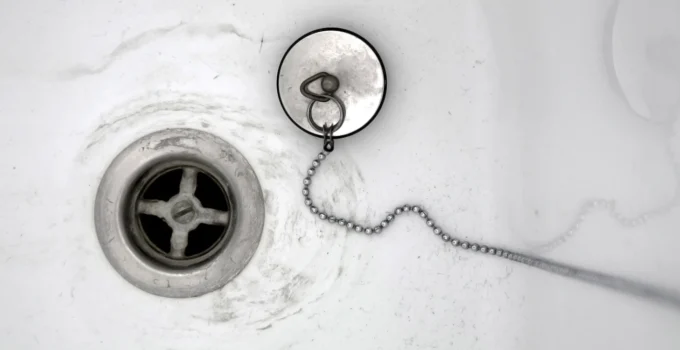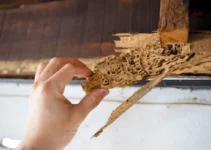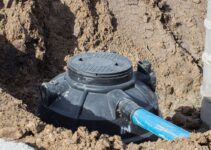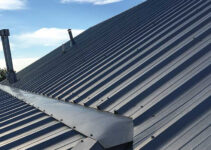Are your dishes piling up because your kitchen sink is draining too slowly? Don’t worry—we’ve got you covered! In this 2025 guide, we’ll show you how to easily fix a slow or clogged kitchen sink. So say goodbye to the chaos and say hello to a clean and clear countertop!
Causes of a Slow Draining or Clogged Kitchen Sink
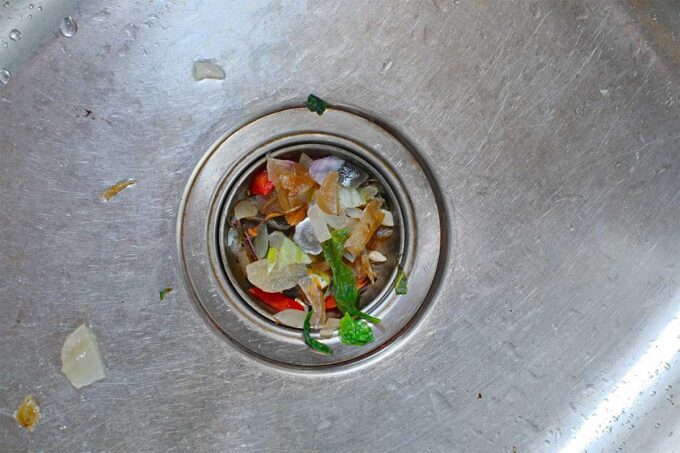
Source: qualityplumbingchicago.com
According to misterplumber.ca, clogged kitchen sinks can result in significant inconvenience, leading to a mess of water that’s difficult to clean up, not to mention the inability to properly use the sink when dishes need to be washed. Before trying any solutions, it’s important that homeowners understand why slow draining or clogged kitchen sinks occur. Here are a few potential causes of slow drainage and clogs in sinks.
-Food waste: Food waste is likely the most frequent culprit behind a slow draining or clogged kitchen sink. This especially applies after hosting dinner parties and washing dishes with food still stuck on them. If not all food particles get removed during washing, they can accumulate and become stuck in drain pipes as they’re rinsed away, leading to reduced water flow.
-Grease: Grease from butter and cooking oils can also cause gradual build-up over time, reducing or completely blocking water from passing through home plumbing systems; measuring your oil quantities before pouring into a pan or pot can eliminate excessive oil buildup over time.
-Hair: Hair strands are often impossible to notice during cleaning but will get lodged in the drain pipe themselves nonetheless; it is recommended that kitchen sink strainers be routinely checked for any built-up hair that is slowing down drainage or blocking it entirely.
-Foreign Objects & Debris: Additionally, beyond hair and food waste, foreign objects such as jewelry or debris from sponges worn down by hard scrubbing may become trapped in pipes and cause clogs as well; proper disposal of garbage and sponges is essential when working in kitchens with garbage disposals attached.
DIY Solutions to Fix a Slow Draining or Clogged Kitchen Sink
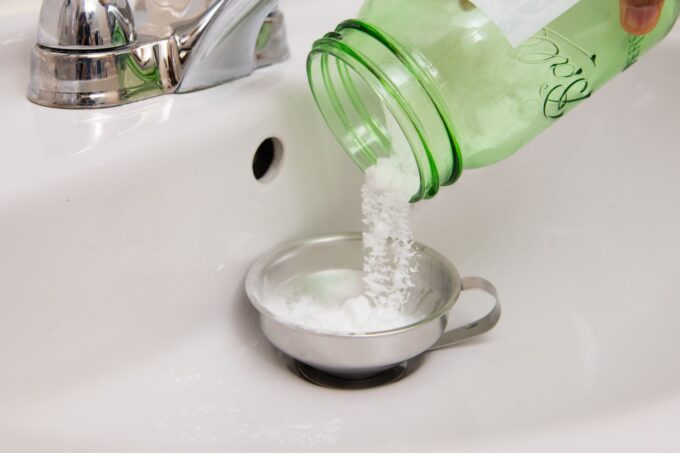
Source: thespruce.com
Most homeowners are familiar with battling drain clogs at one time or another. But did you know that there are a few simple DIY solutions you can try before calling a plumber?
Some of the most common causes for slow draining sinks include built-up gunk and debris, old piping, small particles stuck in the drain pipe, and disrupted water flow due to blockages. Fortunately, preventing a clog by unclogging your kitchen sink is fairly easy when you’re armed with the right tools. Whether you prefer to try a few conventional cleaning methods or use more specialized materials like liquid chemicals and plumbing snakes, here are some of the main steps involved in fixing a slow draining or clogged kitchen sink.
- Pour Hot Water Down Drain: Start by pouring hot water down the drain at least once per week as part of regular maintenance. This will help reduce buildup and prevent clogs from forming over time.
- Use Baking Soda & Vinegar: This combination is an ideal homemade cleaning solution for slow drains. Pour 1/2 cup baking soda followed by 1/2 cup vinegar into your sink and let it sit for about 20 minutes before flushing the solution down with hot water.
- Use Chemical Clearing Agents: If neither of these techniques seems to do the trick, it might be time to turn to chemical clearing agents or commercial plungers designed specifically for kitchen sinks and garbage disposals.
- Plumbing Snakes: If all else fails, using a plumbing snake may be necessary to reach deeper down into your pipes where other options won’t work and remove any blockage directly from within them.
- Make Sure Pipes Include Appropriate Traps: Slow drains can sometimes signal that there is a problem with certain components within your plumbing system like faulty traps or improper use of air vents which may need repair if unpractical damage has already occurred.
- Keep Grease & Oils Out Of Your Sink: Remember that grease and oils rinse off more easily when they’re hot but they congeal as they cool off so don’t be tempted to pour them down your kitchen sink no matter how tempting!
Follow these simple steps next time you encounter drainage woes from within your own home instead of calling up expensive (and potentially unnecessary) help from professional plumbers!
Preventative Measures to Avoid Clogs and Slow Drains
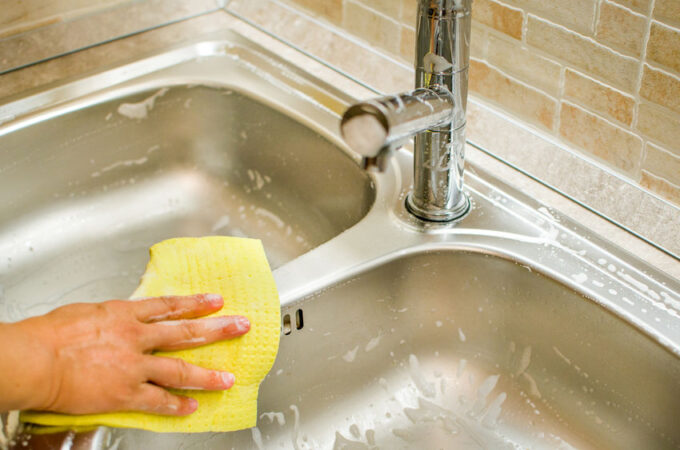
Source: iproperty.com.my
Nobody wants to deal with clogged and slow-draining kitchen sinks. Luckily, there are some preventative measures you can take to keep your sink in peak condition and reduce the risk of any serious plumbing problems.
Firstly, be mindful of what you put down your sink drain. Only small amounts of food and other waste should be flushed down the pipes and it’s important to avoid putting anything large or thick that could clog the pipes such as rice, pasta, oil, or fat. Additionally, avoid using chemical drain cleaners; these harsh chemicals can corrode the pipes and create even worse problems than a clog!
You should also ensure you have a filter fitted in your drain plug to collect food residue that’s difficult for waste disposal systems to break down before it goes into your drainage system. Regularly cleaning out debris from the filters will help stop any matter from entering your home’s main water lines and causing further damage.
Additionally, it can be helpful to use store-bought enzymes instead of bleach or hard chemicals when cleaning your kitchen sink drains to avoid corrosion and impact on plumbing systems. Doing this once a month would help break down slow-moving organic materials more efficiently while protecting the integrity of both septic tanks and sewer systems.
Conclusion
In conclusion, a slow draining or clogged kitchen sink can definitely be a nuisance. In many cases, they tend to be easy to fix and won’t require you to call in a plumber or buy expensive tools or cleaners. By following the simple steps outlined above, you may be able to solve the issue without having to call in professional help. If there appears to be something more serious at play such as a buildup of debris causing blockages in the main pipe, it would probably be best for you to seek professional assistance for further diagnosis. Remember also that prevention is key – regular cleaning and maintenance can go a long way towards avoiding costly repair bills.

